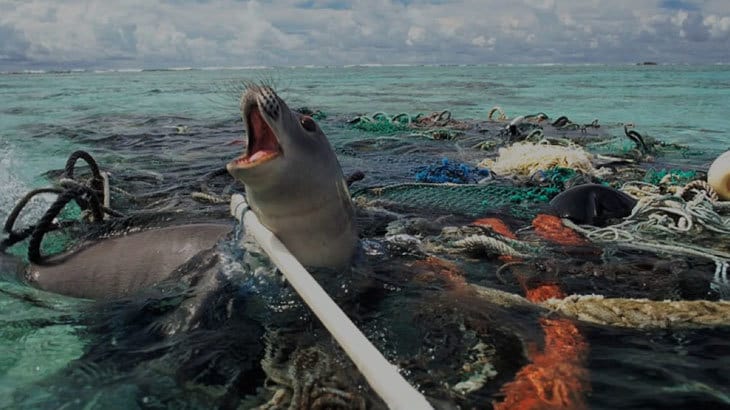As a civilization, the amount of waste we produce and dispose of incorrectly on an annual basis is astounding.
In 2012 alone, the world produced 2.6 trillion pounds of garbage, most of which was deposited in designated landfills, or is currently floating around and causing disastrous effect in the ocean. Because of this, the U.N chief on the environment recently warned of an approaching “tsunami” of electronic waste, which could cause catastrophic effects on public health.
Unfortunately, despite being warned of our possible further if we fail to change our wasteful ways, we as individuals and communities have yet to do so. In the U.S., states such as California are still officially undecided on what to do about the 123,000 tons of plastic bags it disposes of annually.
Sadly, many of us are unaware of the impact out daily waste has on the planet, wildlife species, and even the human race itself, with poorer countries and communities suffering the most.
In Port-au-Prince, Haiti, five thousand tons of waste is generated every day.
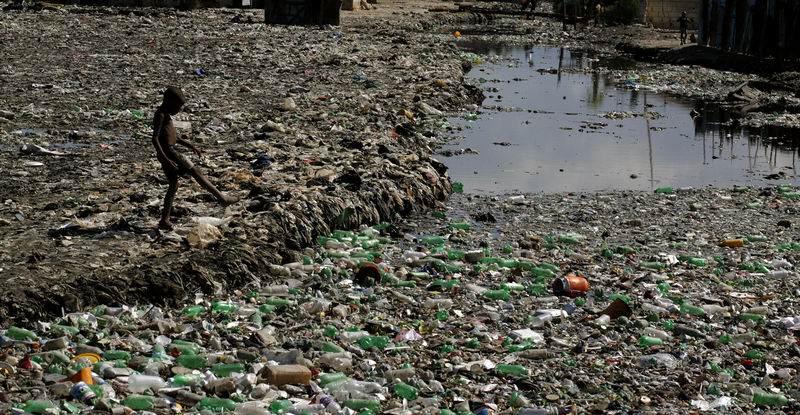
In order to keep its waste from entering the water, the city of Los Angeles spends more than $36 million annually.
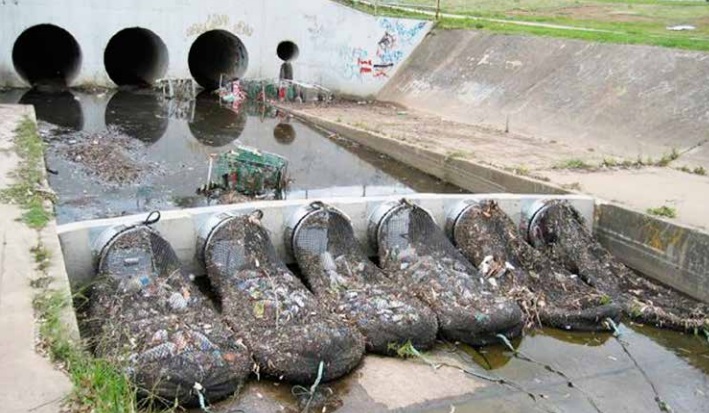
The waste which finds its way to the oceans, threatens the safety and existence of many marine species and wildlife.
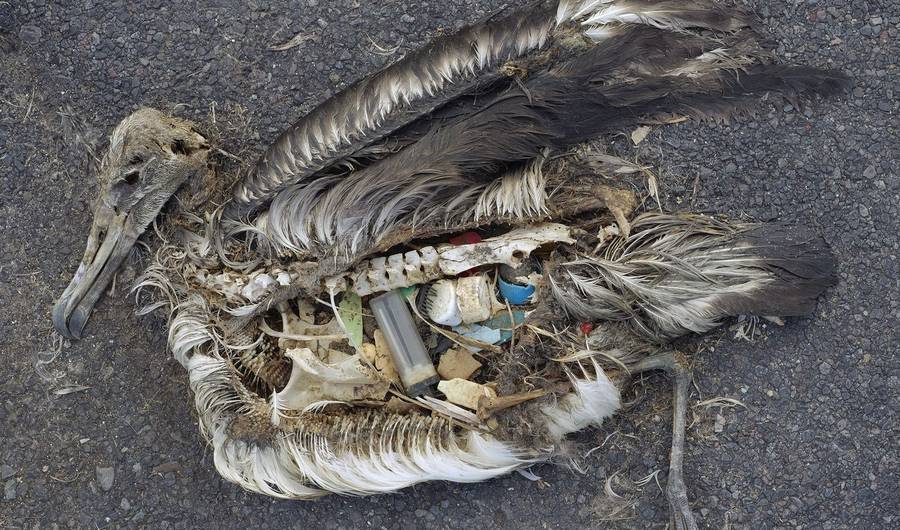
China receives roughly 70% of the world’s electronic waste, this includes a fair percentage of the 5 million television sets thrown away annually.
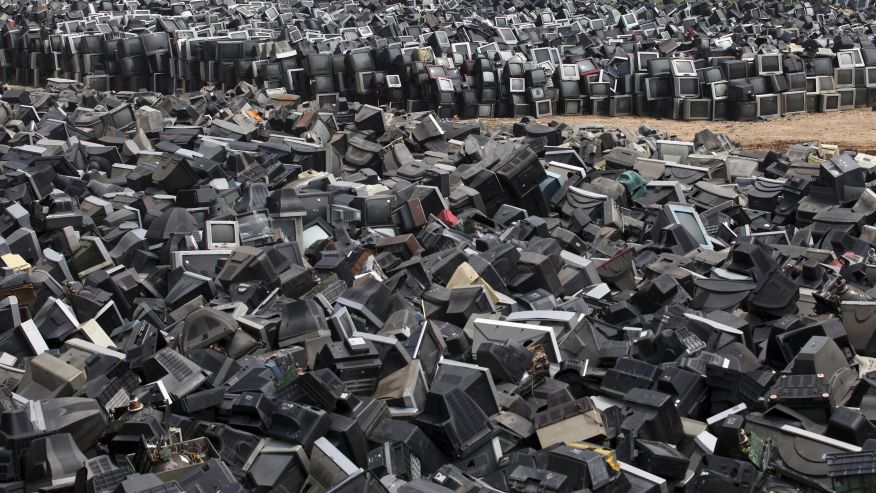
Dudaim is one of the largest and most advanced garbage dumps in Israel.
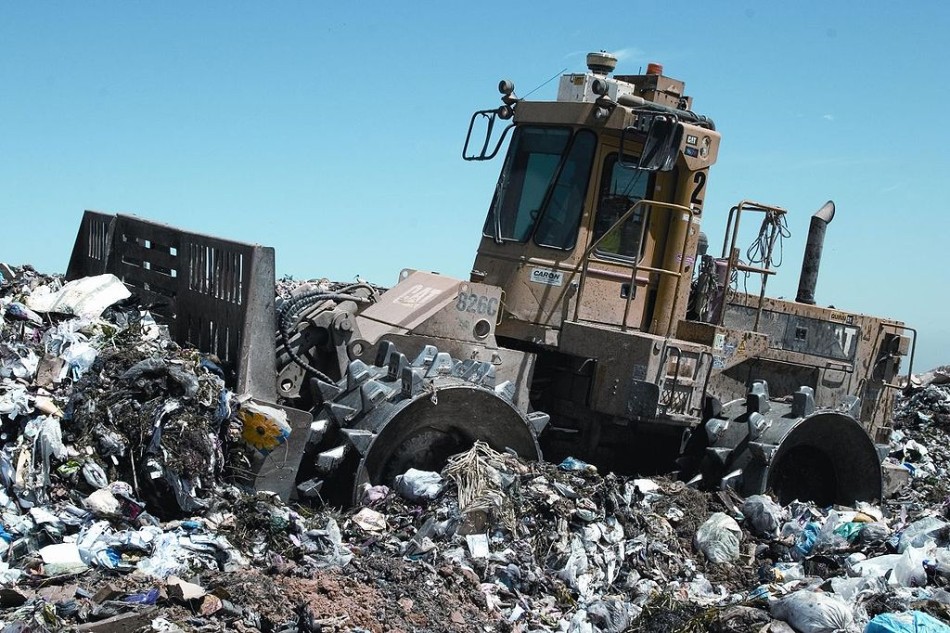
Since at least 2003, at only a short distance from Madrid, mountains of tires have decorated the Spanish countryside. Within the next few years, the Spanish government hopes to clear the site.
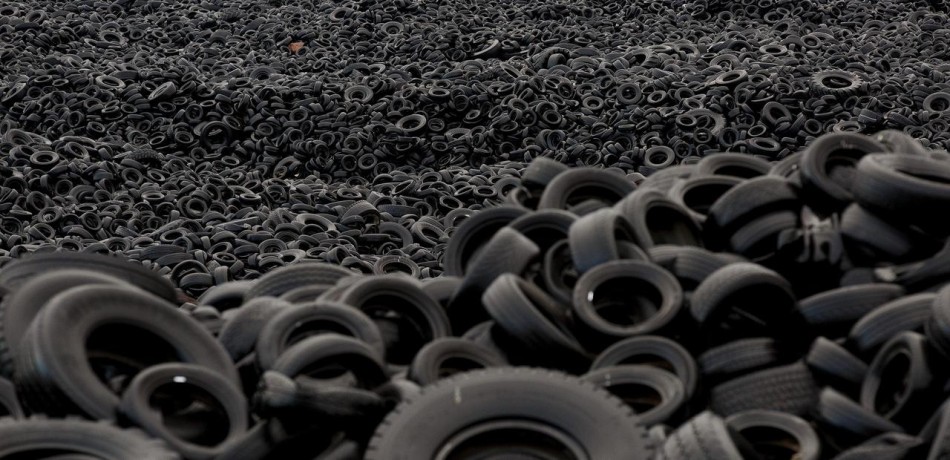
Communities living on this river in the Himalayas, are forced to live among a constant stream of waste.
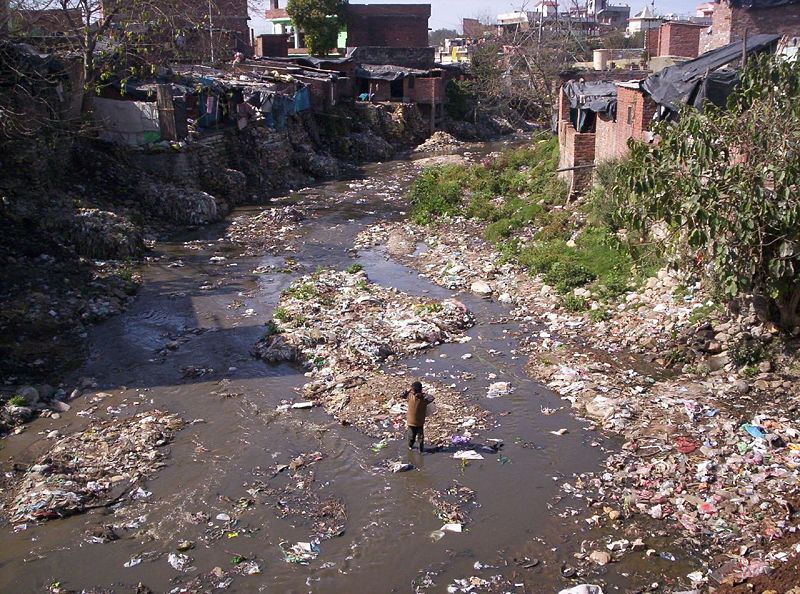
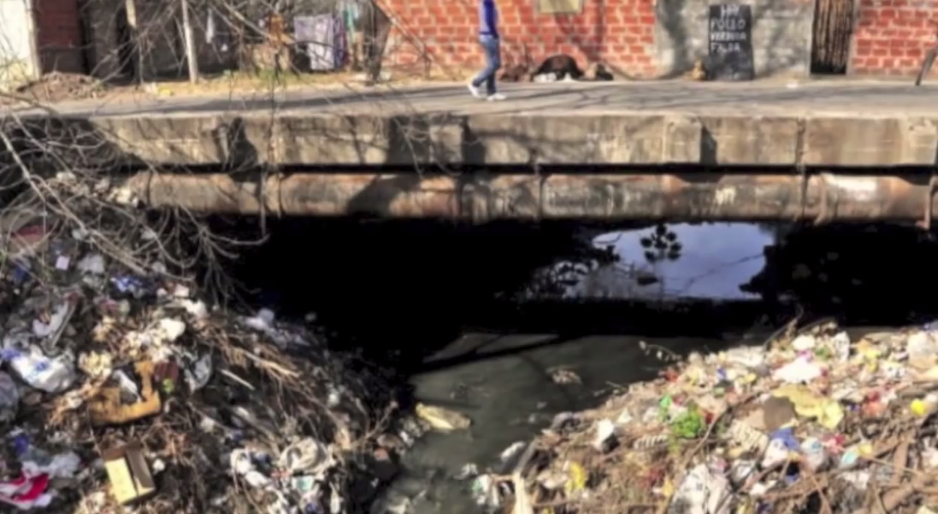
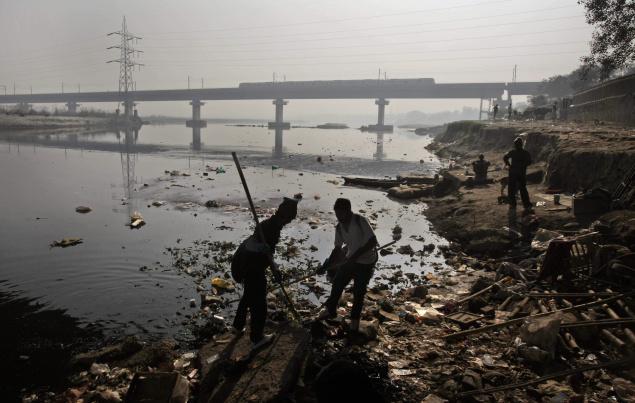
If we are to reverse the incredible amount of damage we have inflicted onto the world, changes need to be instantly made to product packaging, waste disposal methods, cleaning efforts and how we as individuals manage and see our waste.
As Dr. Jane Goodall once said: “One individual cannot possibly make a difference, alone. It is individual efforts, collectively, that makes a noticeable difference — all the difference in the world!”
